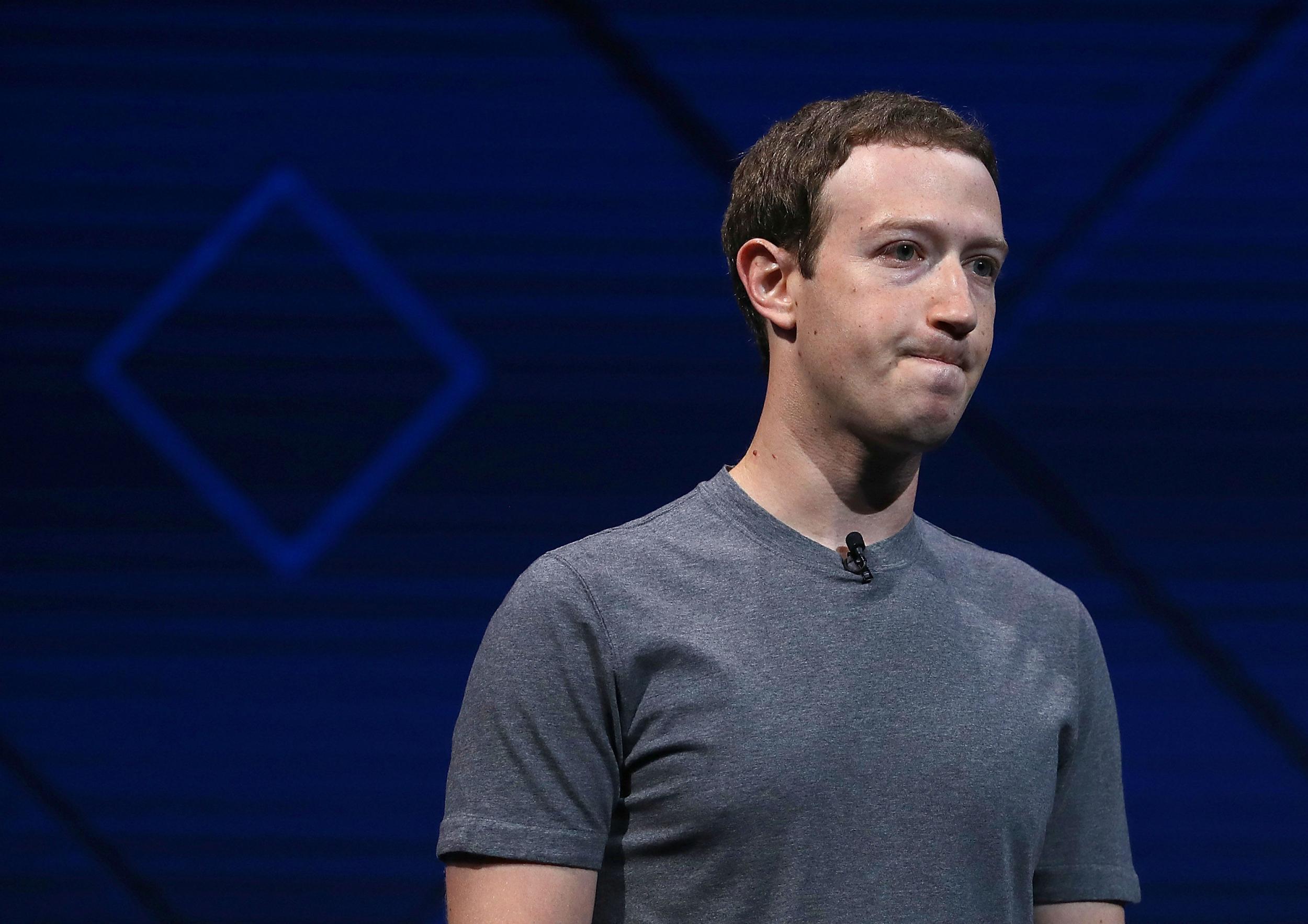Facebook says 126 million Americans may have been exposed to Russia-linked US election posts
Some 11 million saw adverts purchased by Russian-linked agents

Your support helps us to tell the story
From reproductive rights to climate change to Big Tech, The Independent is on the ground when the story is developing. Whether it's investigating the financials of Elon Musk's pro-Trump PAC or producing our latest documentary, 'The A Word', which shines a light on the American women fighting for reproductive rights, we know how important it is to parse out the facts from the messaging.
At such a critical moment in US history, we need reporters on the ground. Your donation allows us to keep sending journalists to speak to both sides of the story.
The Independent is trusted by Americans across the entire political spectrum. And unlike many other quality news outlets, we choose not to lock Americans out of our reporting and analysis with paywalls. We believe quality journalism should be available to everyone, paid for by those who can afford it.
Your support makes all the difference.More than 126 million Americans saw Facebook posts disseminated by Russian-linked agents seeking to influence the 2016 presidential election, a company executive plans to tell Congress.
That figure, to be cited in testimony by Facebook counsel Colin Stretch, offers the most detailed public accounting to date of the scale of a Russian disruption campaign that travelled through the broad channels of dominant social media sites and online platforms. Congress has summoned executives from Facebook, Twitter and Google to testify as lawmakers pursue multiple investigations of Russia’s influence campaign.
Facebook has already announced that it uncovered thousands of divisive advertisements purchased by Russian-linked fake accounts, spotlighting how Russia had bent the site’s ad-buying tools to its ends.
But the numbers Mr Stretch plans to invoke offer a better picture of how posts found their way before voters, surfacing in newsfeeds that have become a primary source of news and information for many.
“The foreign interference we saw is reprehensible and outrageous and opened a new battleground for our company, our industry and our society”, Mr Stretch plans to say, according to prepared remarks obtained by The Independent. “That foreign actors, hiding behind fake accounts, abused our platform and other internet services to try to sow division and discord — and to try to undermine our election process — is an assault on democracy, and it violates all of our values”.
The 470 accounts that purchased those ads were coordinated by the Internet Research Agency, Mr Stretch will say. American intelligence agencies describe the organization as a network of pro-Russian trolls likely financed by an ally of Russian President Vladimir Putin, whom intelligence officials believe directed the election interference effort. Some 11.4 million people saw at least one of those ads between 2015 and 2017.
The Internet Research Agency used those adverts to steer users toward the roughly 80,000 posts it published over a two-year period. The larger universe of Facebook users who likely saw one of those stories, Mr Stretch will say, stands at about 126 million people.
Facebook has said much of the Russian-generated content was intended to inflame conflict within the American electorate, a point Mr Stretch plans to reiterate.
“Many of the ads and posts we've seen so far are deeply disturbing — seemingly intended to amplify societal divisions and pit groups of people against each other,” he will say. “They would be controversial even if they came from authentic accounts in the United States. But coming from foreign actors using fake accounts they are simply unacceptable”.
In addition to tracking content, Facebook detected an attempt by the hacker group “APT28” - also known as “Fancy Bear” - to target “employees of major US political parties”. Those accounts were organized under a since-suspended organizsation called “DC Leaks”. American intelligence agencies say Fancy Bear is part of Russian intelligence's arsenal of cyber weapons.
Ahead of the congressional hearings, both Facebook and Twitter have unveiled new transparency guidelines that will have the sites display more information about who is paying for advertising, including the funders of political ad campaigns. Lawmakers have recently introduced legislation that would impose similar disclosure requirements.
Vladimir Putin has repeatedly denied interfering in the American presidential election or other votes in foreign countries, but admitted that "patriotic" Russian hackers may have been involved.
An American intelligence report released last year alleged the Russian President had "ordered an influence campaign" in support of Donald Trump, who dismissed the findings.
Join our commenting forum
Join thought-provoking conversations, follow other Independent readers and see their replies
Comments